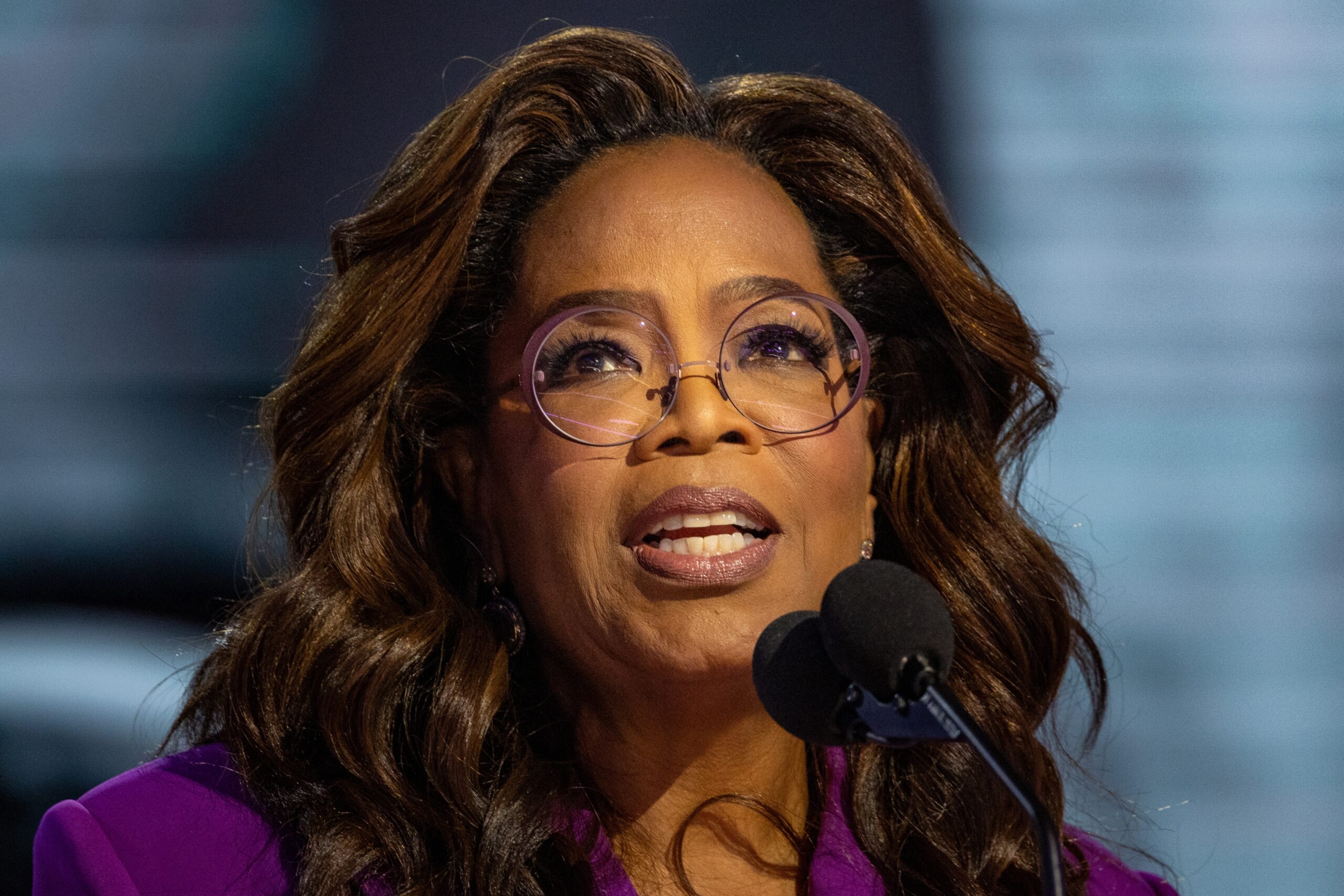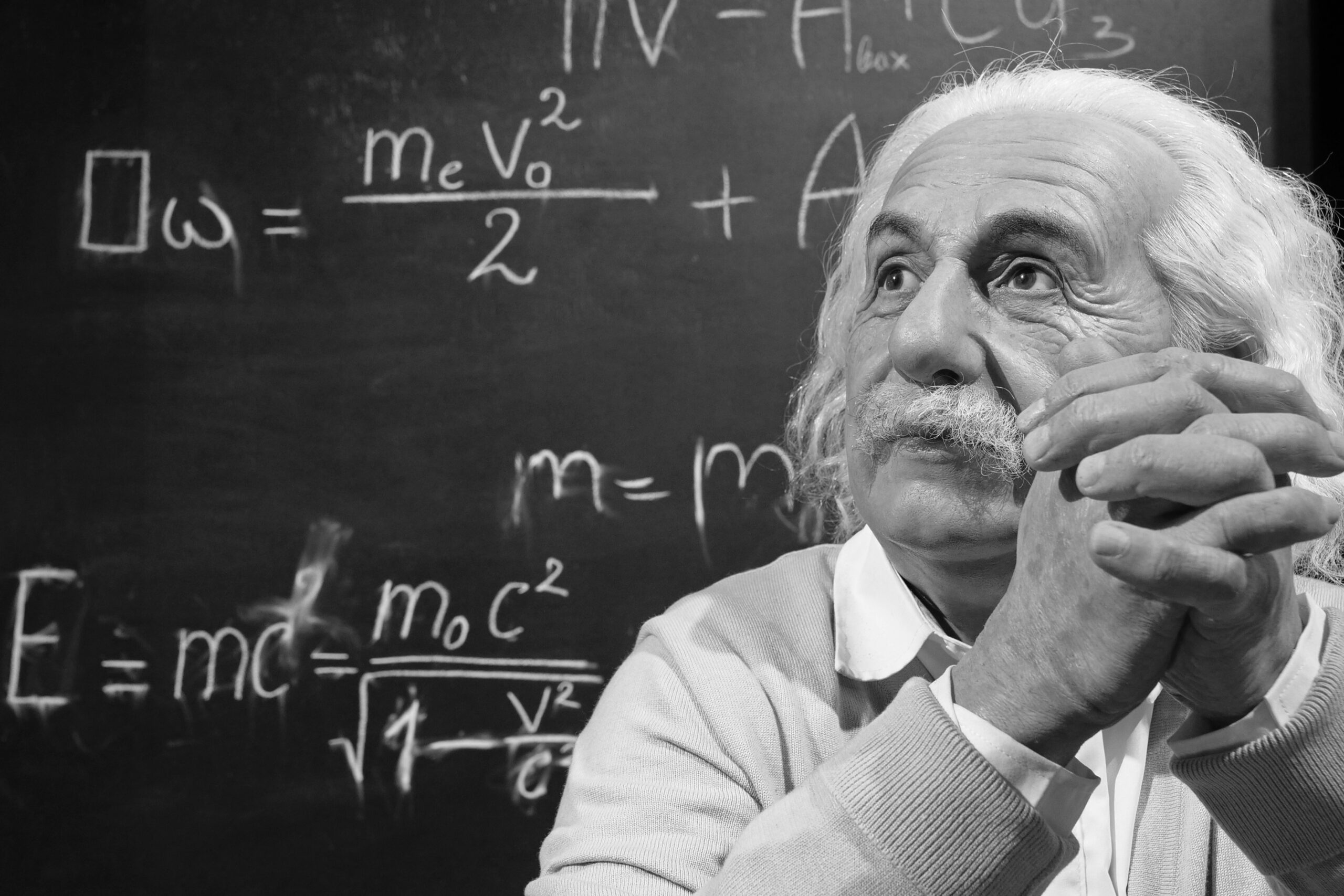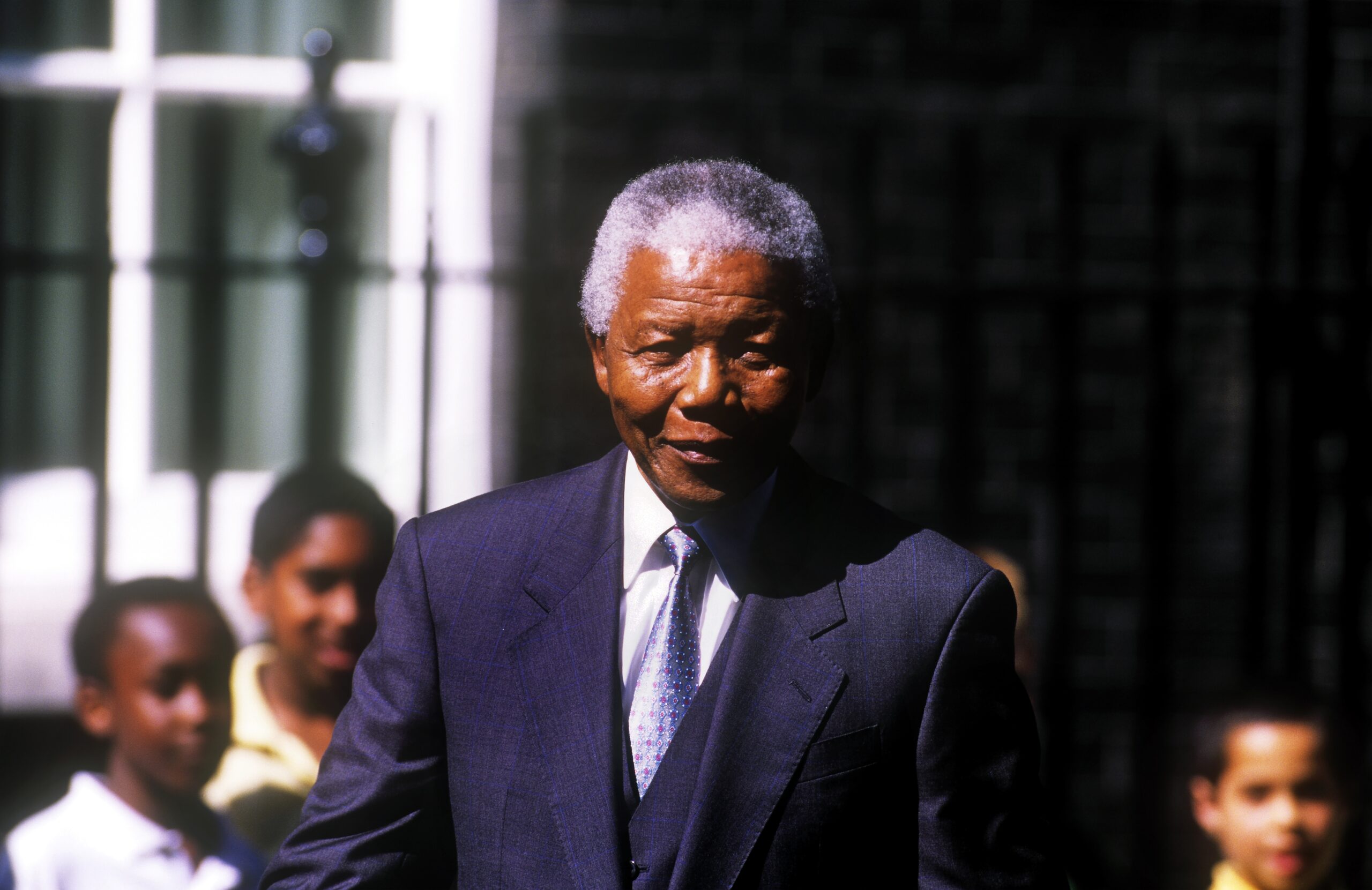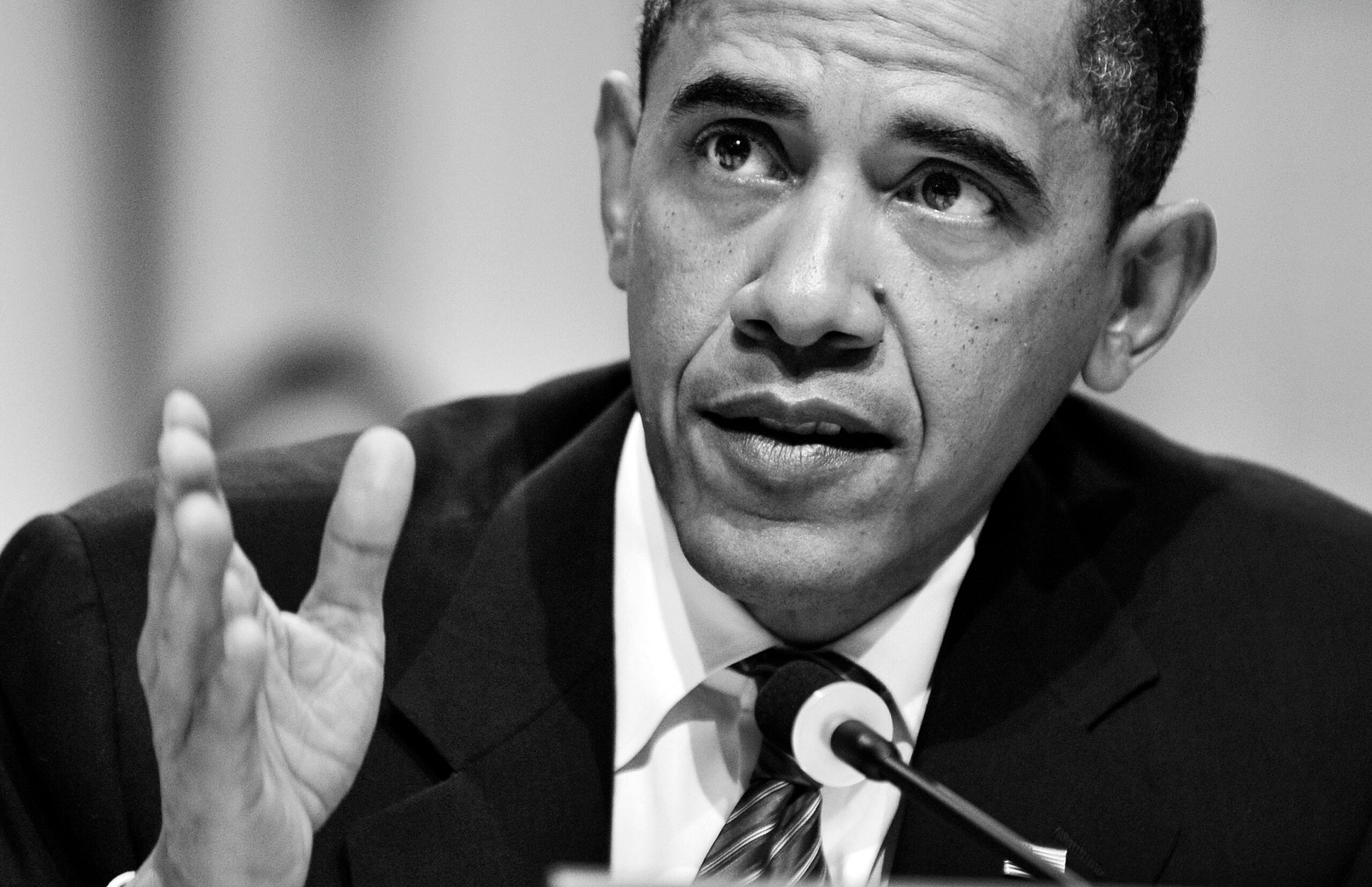
Barack Obama: Redefining Leadership in the 21st Century
Barack Obama made history in 2008 when he became the first Black President of the United States — but his legacy goes far beyond that milestone. His approach to leadership was characterised not just by intelligence and charisma, but by grace under pressure, eloquence, and an unshakable belief in dialogue over division.
This blog explores how Barack Obama reshaped political leadership in the modern age, what his presidency meant for the world, and why his influence continues to inspire long after leaving office.
Outline
- Humble Roots: From Hawaii to Harvard
- Finding His Voice: Community Organising and the Power of Local Change
- A Star is Born: The 2004 DNC Speech
- The 2008 Election: Hope Meets History
- Presidential Leadership in a Polarised America
- Beyond Policy: Obama’s Cultural and Global Impact
- Life After the White House
- The Obama Leadership Style: Calm, Collaborative, Clear
- Final Thoughts
Humble Roots: From Hawaii to Harvard
Barack Obama was born in 1961 in Honolulu, Hawaii, to a Kenyan father and a white American mother from Kansas. His multicultural upbringing and international childhood — including time spent in Indonesia — shaped his worldview early on.
He went on to attend Columbia University and later Harvard Law School, where he became the first Black president of the Harvard Law Review.
His early life was not about privilege, but about perspective.
Finding His Voice: Community Organising and the Power of Local Change
After graduating, Obama chose not to go straight into corporate law. Instead, he moved to Chicago and became a community organiser, helping low-income neighbourhoods affected by the collapse of steel mills.
This experience grounded him in the struggles of everyday Americans and taught him one of his most powerful political tools: listening.
📢 “Change happens because ordinary people do extraordinary things,” he would later say.
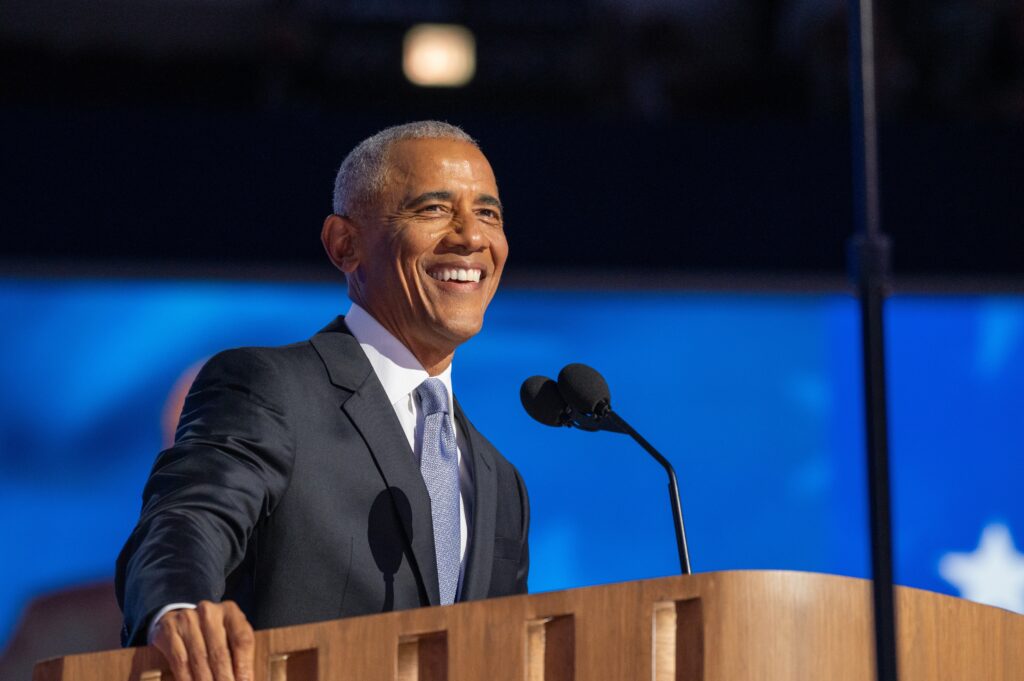
A Star is Born: The 2004 DNC Speech
Obama gained national recognition in 2004 after delivering a stirring keynote address at the Democratic National Convention.
He spoke of:
- Unity over division
- Hope over fear
- A vision of America as one people, not red states or blue states
The speech electrified the country and positioned him as a rising star in the Democratic Party.
“There’s not a liberal America and a conservative America — there’s the United States of America.”
The 2008 Election: Hope Meets History
In 2008, Obama launched a presidential campaign that inspired millions around the world. With the slogan “Yes We Can”, he built a grassroots movement driven by:
- Young voters
- Digital outreach
- A message of hope, dignity, and inclusion
When he won the presidency, it marked a historic first — not only for America but for the world.
His election was a powerful symbol that the impossible could become possible.
Presidential Leadership in a Polarised America
Obama inherited a country in crisis:
- A global financial meltdown
- Two ongoing wars
- Deep political division
His administration responded with:
- The Affordable Care Act (“Obamacare”)
- The Dodd-Frank Act for financial reform
- An ambitious clean energy and climate agenda
He also:
- Ordered the mission that killed Osama bin Laden
- Reopened diplomatic relations with Cuba
- Championed LGBTQ+ rights, including support for same-sex marriage
He was a pragmatist at heart — progressive in vision, but methodical in strategy.
Beyond Policy: Obama’s Cultural and Global Impact
Obama was more than just a policymaker — he was a cultural icon who redefined what leadership could look like in the 21st century.
He:
- Used social media in revolutionary ways for engagement
- Brought poetry, music, and art back into public life
- Embodied a global outlook, often quoting history, literature, and philosophy
- Made diplomacy personal — his speeches in Cairo and Berlin are still studied today
He was a president with a passport — not just in travel, but in thought.
Life After the White House
After leaving office in 2017, Obama:
- Founded the Obama Foundation, focused on civic leadership
- Continued to advocate for youth engagement, climate action, and democracy
- Wrote a best-selling memoir (A Promised Land)
- Launched a production company with Michelle Obama to tell stories that matter
He remains one of the world’s most trusted voices — often called upon in times of uncertainty for calm and clarity.
He’s now less about power, more about legacy.
The Obama Leadership Style: Calm, Collaborative, Clear
What made Obama’s leadership style so effective?
- Emotional intelligence: He read a room as well as he read a policy brief
- Empathy: He made space for grief, for joy, for nuance
- Communication: Whether in a press conference or an eulogy, his words mattered
- Composure: He never let chaos define him — he chose grace, even under fire
“Being president doesn’t change who you are — it reveals who you are.”
Final Thoughts
Barack Obama didn’t just make history — he made hope part of the political conversation again. His presidency wasn’t perfect. He faced criticism from both sides, and some of his promises were left unfulfilled. But his vision of inclusive, rational, and empathetic leadership remains unmatched in the 21st century.
He didn’t shout. He didn’t bully. He listened, reflected, and inspired.
In a world hungry for leadership that heals rather than divides, Barack Obama reminds us that real strength lies in calm, conviction, and compassion.
